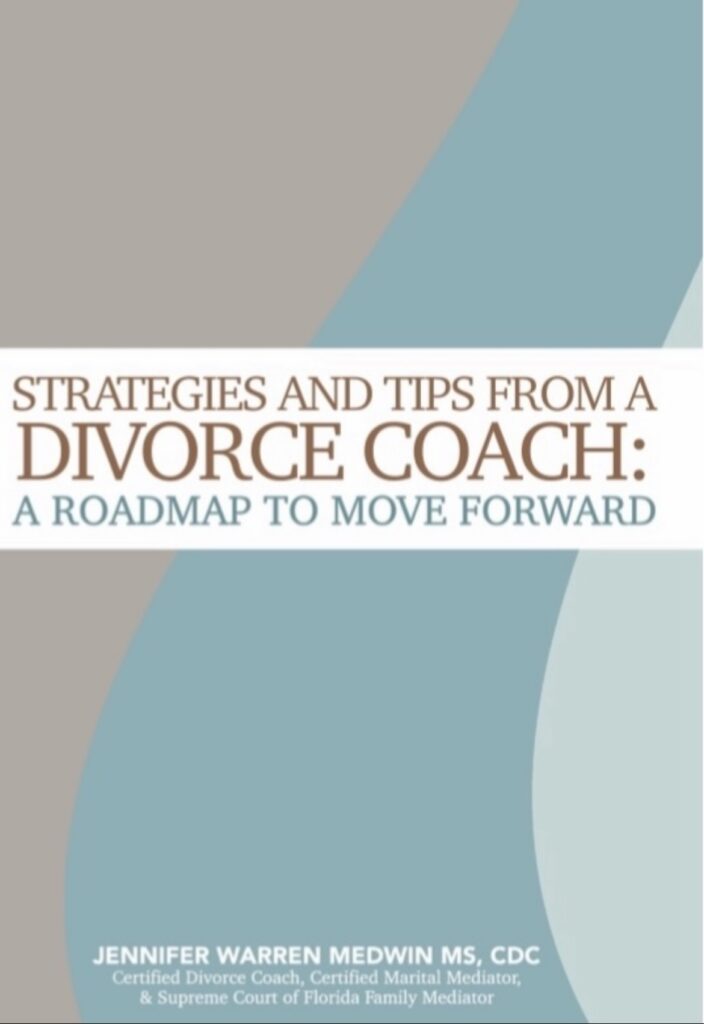What is Marital Mediation?
Marital Mediation is a growing area of family mediation. It can be used in conjunction with or as an alternative to traditional couple’s therapy for marriages in crisis. Just because counseling didn’t help doesn’t mean that the marriage is over. Martial mediation offers couples hoping to find a way to stay married a short term, practical, constructive, forward focused, solution-oriented option prior to making a decision to divorce. The process does not explore deep personal issues, address mental health diagnosis, discuss family backgrounds, pathologies, or provide treatment. It encourages a collaborative process to achieve common goals where each party takes responsibility for working through the relationship and process.
Marital Mediation is an additional resource for people that wish to pursue and improve their marriages. The alternative dispute resolution process uses the skills and techniques in Divorce Mediation to help save the marriage instead of helping couples divorce. It utilizes mediation techniques to open and improve lines of communication, help couples address areas of tension in their relationship, and works to develop plans that focus on behavioral changes each person will make in order to lessen future arguments.
A trained Marital Mediator acts as an impartial communication specialist who fosters and facilitates discussion that allows the clients to exchange differing views, ask questions, discuss different topics, and find short term solutions based on identified issues and obstacles. Parties are encouraged to talk about their interests, values, and needs, not just their wants. The mediator uses negotiation and conflict resolution skills to empower the couple to be active participants in their own solution by working together to understand each other’s desires, feelings, thoughts, and goals.
Conflicts left unattended can become major issues that spiral out of control and destroy a marriage. Marital Mediation allows couples to move out of crisis or limbo quicker in order to make educated decisions about the future of the marriage. By better understanding the issues and exploring time sensitive and creative solutions, couples can often reach agreements, overcome their differences, and stay married.




